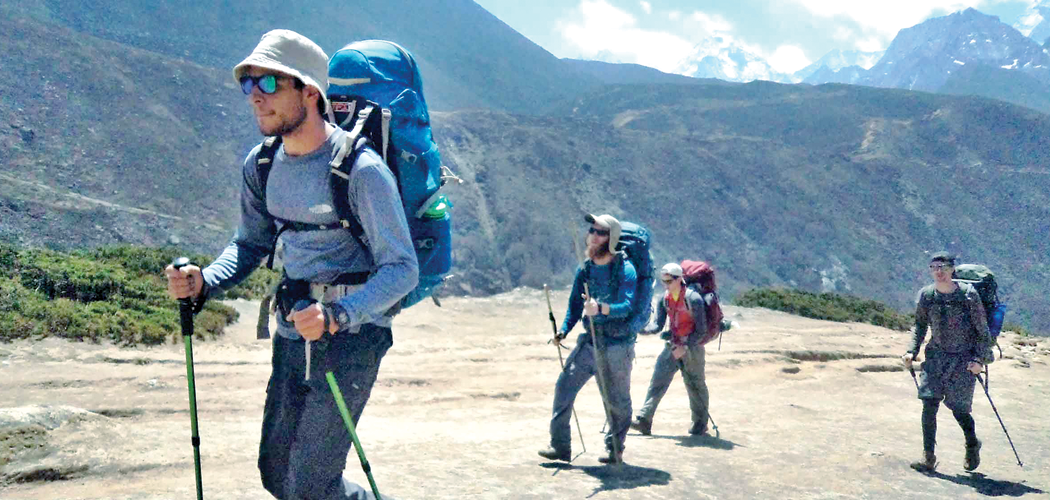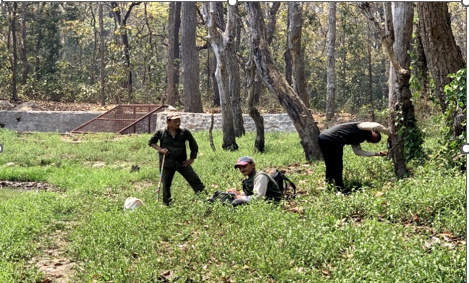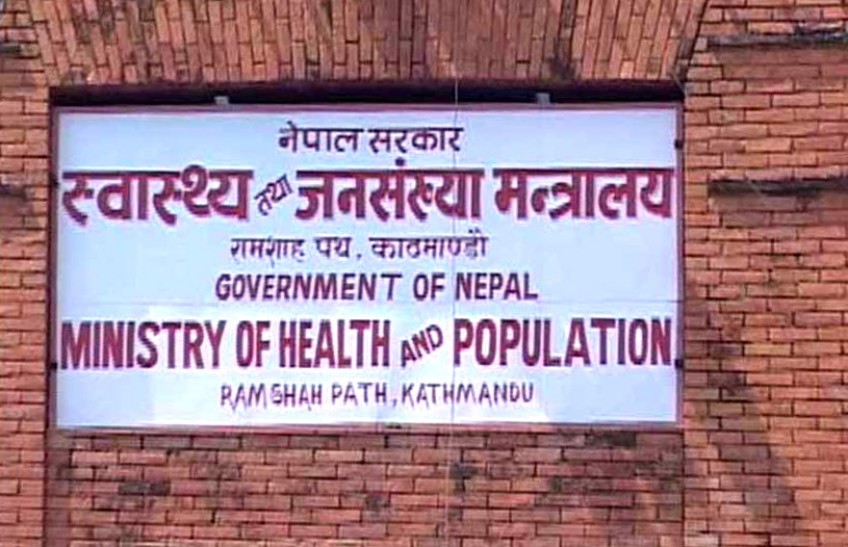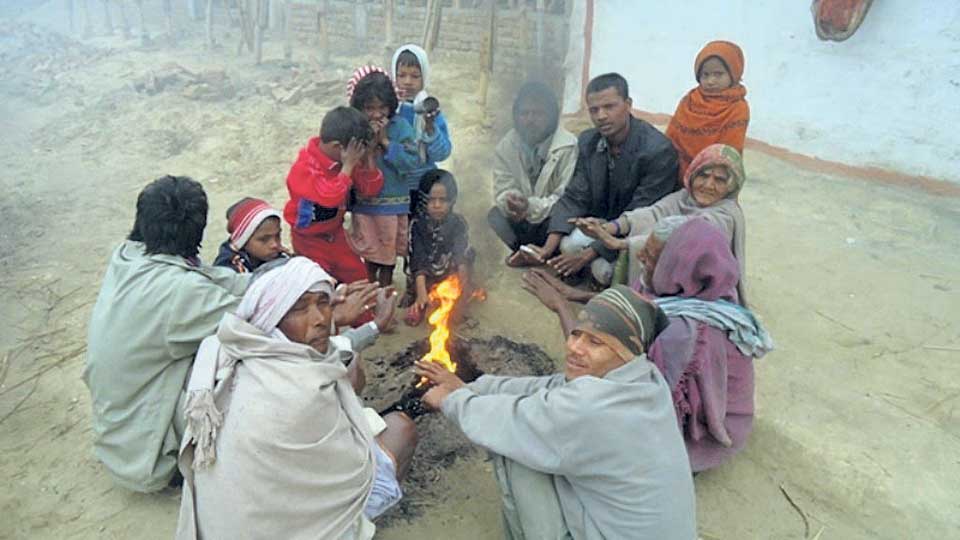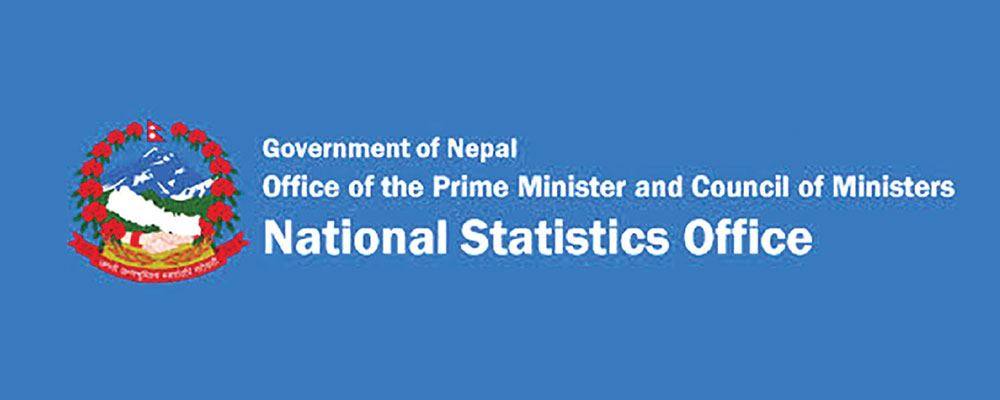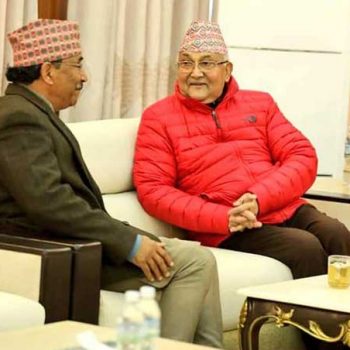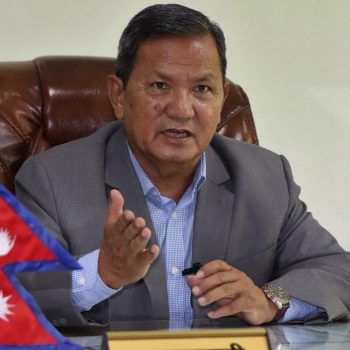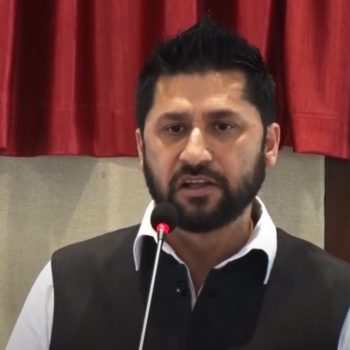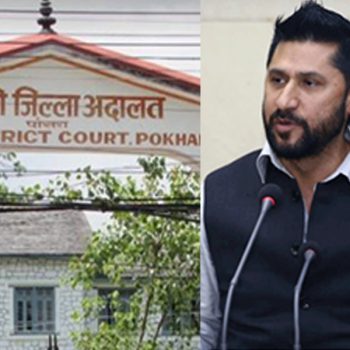NEA to invest Rs 25 billion to upgrade power system in Karnali, Sudurpaschim Province
 NepalPress
NepalPress
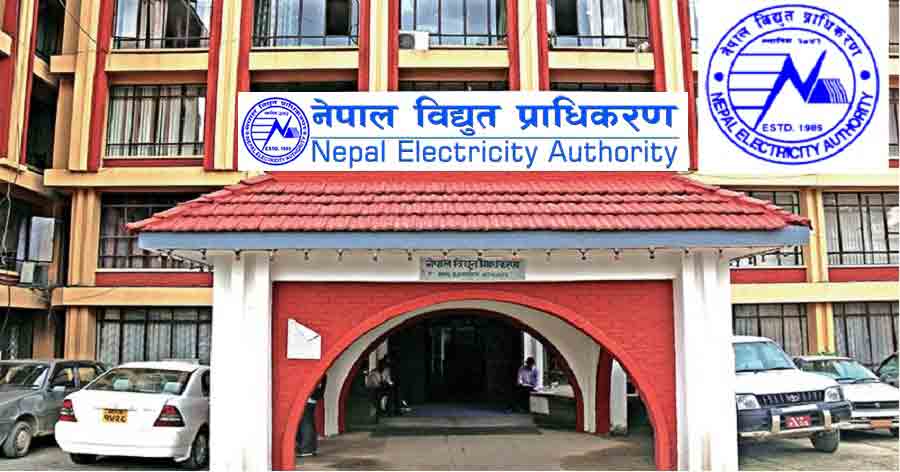
KATHMANDU: The government has decided to upgrade power system in hilly districts of Karnali and Sudurpaschim province.
Recently, a loan agreement has been signed with the Asian Development Bank for the construction of 132-KV Kohalpur-Surkhet transmission line in order to provide electricity to the districts of Karnali province.
Though the transmission line from Kohalpur-Surkhet has 33-KV capacity, the transmission line from Surkhet- Kalikot has only 11-KV capacity, resulting massive disruption in power supply during monsoon due to low capacity transmission line. A high voltage transmission line is going to be constructed by upgrading the existing 33-KV transmission line. The Nepal Electricity Authority (NEA) has forwarded a strategic plan with the support of donor agencies to resolve this problem.
The Ministry of Energy, Water Resources and Irrigation has set a target to provide electricity service at the districts that do not have access to central transmission line. The Ministry has directed the NEA to work making a special package in order to provide electricity service to every houses of the country.
Finance Minister Janardan Sharma has also expressed commitment not to let means and resources crunch in upgrading and expansion of transmission line of Karnali province.
A study is being carried out for the construction of an additional 220-KV transmission line linking Dailekh of Surkhet to Jumla. The NEA is going to invest Rs 25 billion for the same. A package has been made in order to carry out activities at government investment in Dolpa.
Executive Director of NEA Kulman Ghising said that works have been started by making a special working procedure.
Only 43 per cent population of Karnali province have access to electricity. The NEA has given special priority keeping this situation of Karnali province in mind, shared Ghising.
Similarly, out of 547,671 households in the Sudurpaschim Province, 71.07 percent of households have access to the central transmission line. RSS



